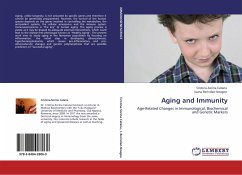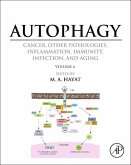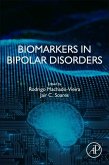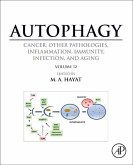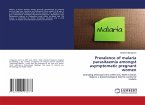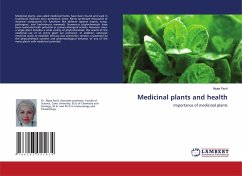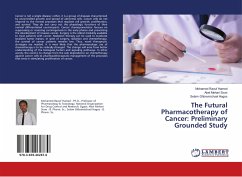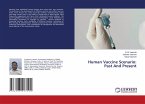Aging, unlike longevity, is not activated by specific genes and therefore it cannot be genetically programmed. However, the survival of the human species depends on the genes involved in controlling the metabolism, the antioxidant systems, the cellular senescence and the immune system. Immunosenescence is the key to human aging. The aging process is plastic as it may be shaped by adequate external interventions, which could lead to the disease-free phenotype known as Healthy Aging . The present work aims to study aging in the Romanian population by focusing on inflammation, the initial step in developing atherosclerosis, hyperhomocysteinemia, which causes pro-inflammatory and pro-atherosclerotic changes and genetic polymorphisms that are possible predictors of successful aging .
Bitte wählen Sie Ihr Anliegen aus.
Rechnungen
Retourenschein anfordern
Bestellstatus
Storno

